Whether you’re on a long road trip, dealing with fatigue while driving, or simply looking for a place to rest overnight, you might wonder about the legality of sleeping in your car in Wisconsin. The good news is that Wisconsin is relatively lenient when it comes to this practice, but there are important rules, restrictions, and potential consequences you need to understand before deciding to catch some sleep behind the wheel.
The Basic Legal Framework in Wisconsin
Sleeping in your car is generally legal in Wisconsin, but this freedom comes with several important caveats. Unlike some states that have strict prohibitions against vehicle sleeping, Wisconsin takes a more relaxed approach to this issue. However, the key to staying on the right side of the law lies in understanding where you can park, how long you can stay, and what circumstances might lead to legal trouble.
There are no federal or state laws that explicitly prohibit sleeping in your car in Wisconsin. The legality primarily depends on local ordinances, parking regulations, and the specific circumstances surrounding your decision to sleep in your vehicle. This means that while the state doesn’t ban the practice outright, individual municipalities may have their own rules that could affect your ability to sleep in your car legally.
Where You Can Legally Sleep in Your Car
Rest Areas and Waysides
Wisconsin provides excellent options for legal car sleeping through its network of rest areas and waysides. The state operates 28 safety rest areas located on the Interstate highway system and other major four-lane highways, which remain open year-round. Additionally, waysides are available during warmer months, providing additional options for travelers.
At these official rest stops, you can sleep in your car for up to 24 hours. This 24-hour limit is strictly enforced, so you’ll need to move on after that period expires. These areas are specifically designed to provide safe places for tired drivers to rest, making them the ideal choice for legal car sleeping.
Designated Public Areas
Beyond rest areas, you may find other public spaces where sleeping in your car is permitted, but this varies significantly by location. Some commonly accepted areas include:
-
Walmart parking lots
-
Costco parking lots
-
Camping World parking lots
-
Cracker Barrel parking lots
-
Bass Pro Shop parking lots
-
Truck stops
-
Hospital parking areas
However, it’s crucial to verify that overnight parking is allowed at these locations, as policies can change and vary by individual store or franchise.
Critical Legal Requirements and Restrictions
Proper Parking is Essential
The most fundamental requirement is that your vehicle must be legally parked. This might seem obvious, but it’s worth emphasizing because being parked illegally will result in citations regardless of whether you’re sleeping or not. You must comply with all standard parking regulations, including:
-
Respecting time limits in designated areas
-
Avoiding no-parking zones
-
Following meter requirements where applicable
-
Staying within marked parking spaces
The 24-Hour Rule
Wisconsin enforces a strict 24-hour maximum for sleeping in your car at rest areas and other designated locations. This rule prevents people from essentially camping in their vehicles for extended periods. After 24 hours, you must relocate to avoid potential legal issues.
Documentation Requirements
If approached by law enforcement while sleeping in your car, you should be prepared to present your driver’s license, vehicle registration, and proof of insurance. Having these documents readily available demonstrates compliance with basic legal requirements and can help smooth any interaction with officers.
The OWI Complication: When Sleeping Becomes Criminal
One of the most serious legal risks associated with sleeping in your car in Wisconsin involves Operating While Intoxicated (OWI) charges. This is where many people get into significant legal trouble, often believing they’re making the responsible choice by sleeping off alcohol instead of driving.
How You Can Get an OWI While Sleeping
Wisconsin law doesn’t clearly define “operating” a vehicle, which gives courts broad discretion in interpreting when someone is considered to be operating a motor vehicle. Even if you’re sleeping and the car isn’t moving, you can still face OWI charges under certain circumstances.
Key Factors That Lead to OWI Charges
Courts consider multiple factors when determining whether someone sleeping in a car was “operating” the vehicle:
Key Location: If your keys are in the ignition, within easy reach, or even in your pocket, it suggests you have the ability to operate the vehicle
Seating Position: Sleeping in the driver’s seat rather than the passenger seat or backseat can indicate “physical control” of the vehicle
Engine Status: Having the engine running, lights on, or radio playing can be interpreted as evidence of vehicle operation
Parking Location: Being parked in a public space or location where you could easily enter public roads raises suspicions about intent to drive
Vehicle Accessibility: Courts examine how accessible the keys were and whether the vehicle was capable of being operated
Avoiding OWI Charges While Sleeping
To minimize the risk of OWI charges while sleeping in your car after drinking:
-
Sleep in the backseat, not the driver’s seat
-
Keep keys in the trunk or give them to someone else
-
Turn off the engine, lights, and radio
-
Park in a private location if possible
-
Avoid any actions that suggest intent to drive
Municipal Variations and Local Ordinances
While Wisconsin state law is relatively permissive regarding sleeping in cars, local ordinances can be much more restrictive. Each municipality has the authority to create its own rules that may supersede state regulations. Some cities and towns prohibit sleeping in vehicles by citing drivers for:
-
Loitering
-
Vagrancy
-
Camping violations
-
Parking violations
This means you need to research local laws in any specific city or town where you plan to sleep in your car. What’s legal in one Wisconsin municipality may be illegal in another.
Conclusion
Before sleeping in your car in Wisconsin, consider these key steps:
Research local ordinances in your specific location, verify that overnight parking is permitted where you plan to stop, ensure your vehicle is legally parked and you have proper documentation, and if you’ve been drinking, take extra precautions to avoid any appearance of vehicle operation.
Wisconsin’s laws generally support the right to sleep in your car when done responsibly and legally. By understanding the rules, restrictions, and potential risks, you can make informed decisions that keep you safe and legal while getting the rest you need. Remember that while the state provides this flexibility, the responsibility lies with you to ensure compliance with all applicable laws and regulations.
The key to successfully and legally sleeping in your car in Wisconsin lies in preparation, awareness of local regulations, and careful attention to circumstances that might create legal complications. When done correctly, sleeping in your car can be a safe and legal option for rest during travel or in emergency situations.
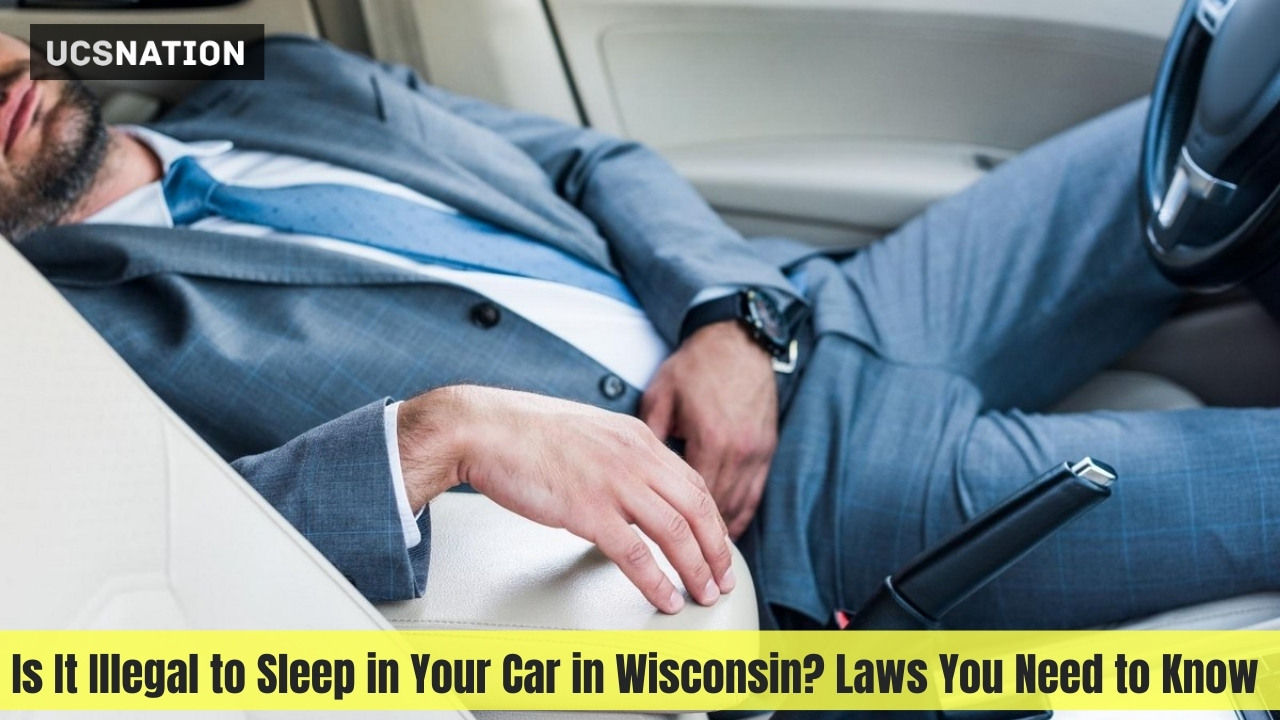
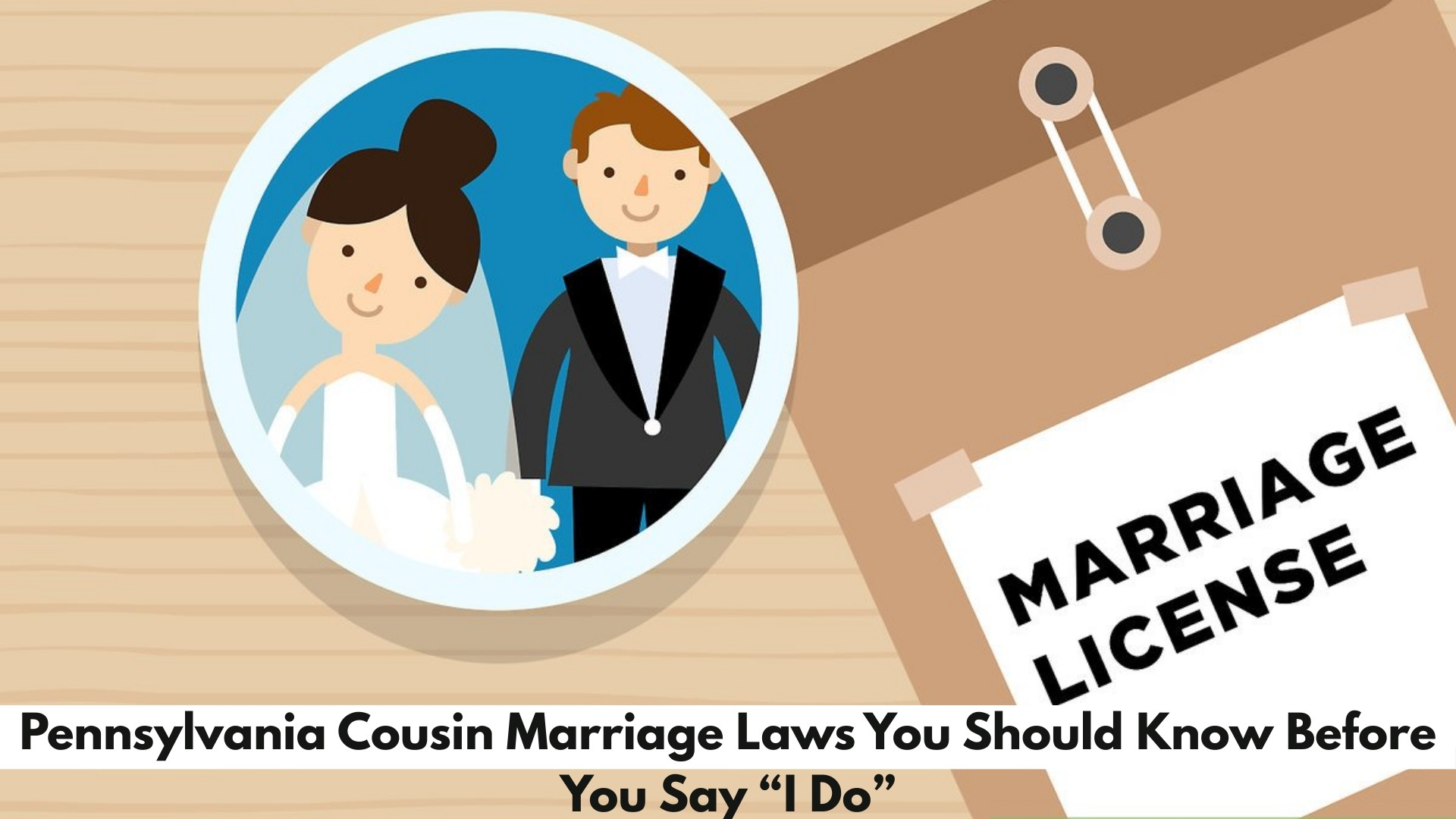




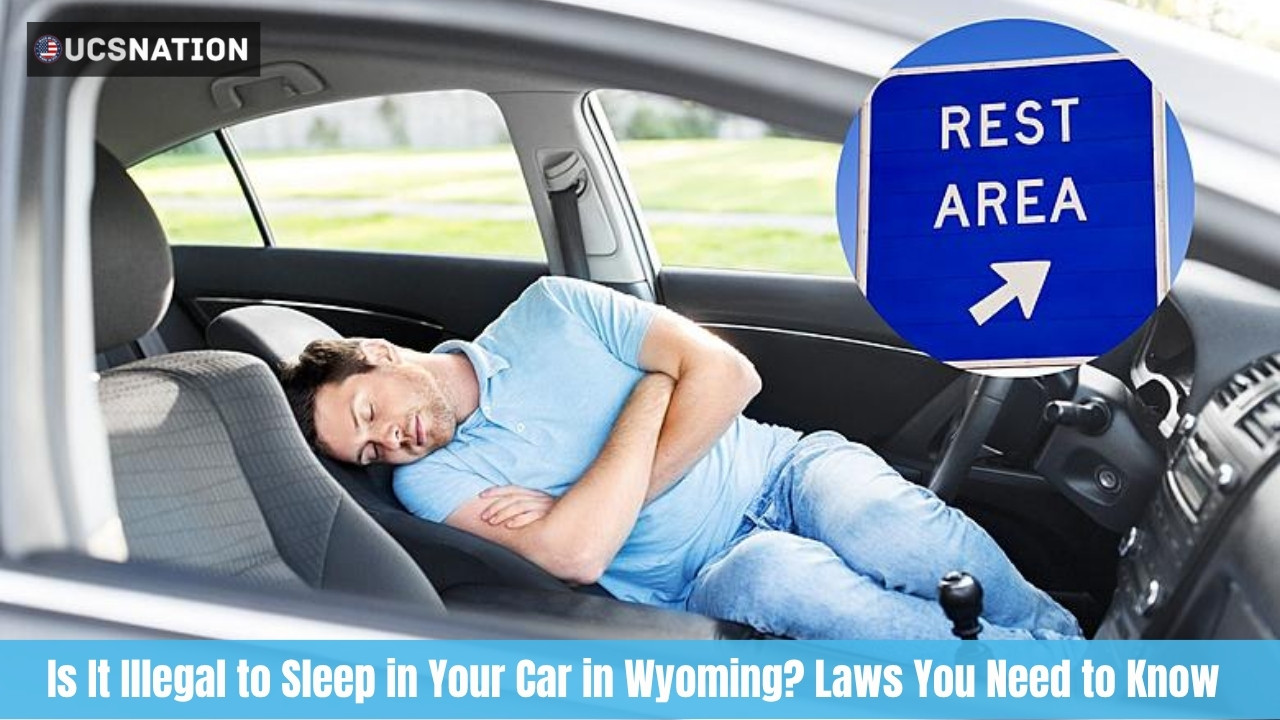
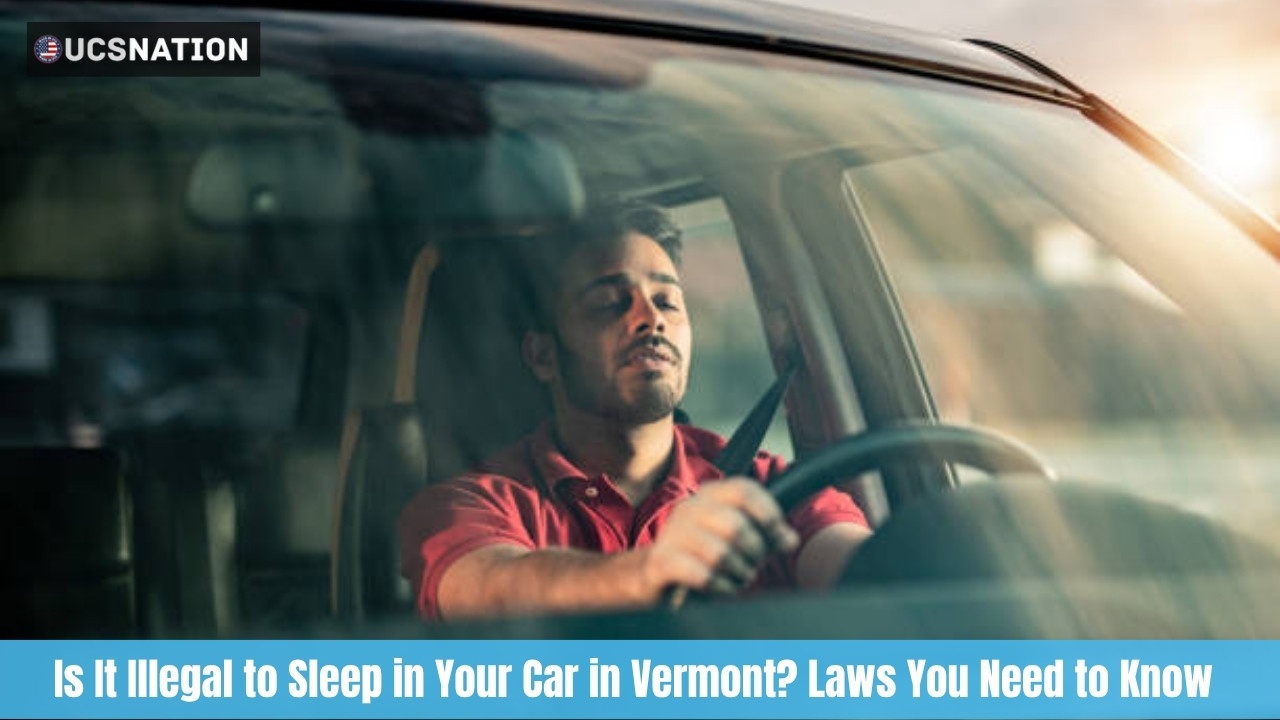
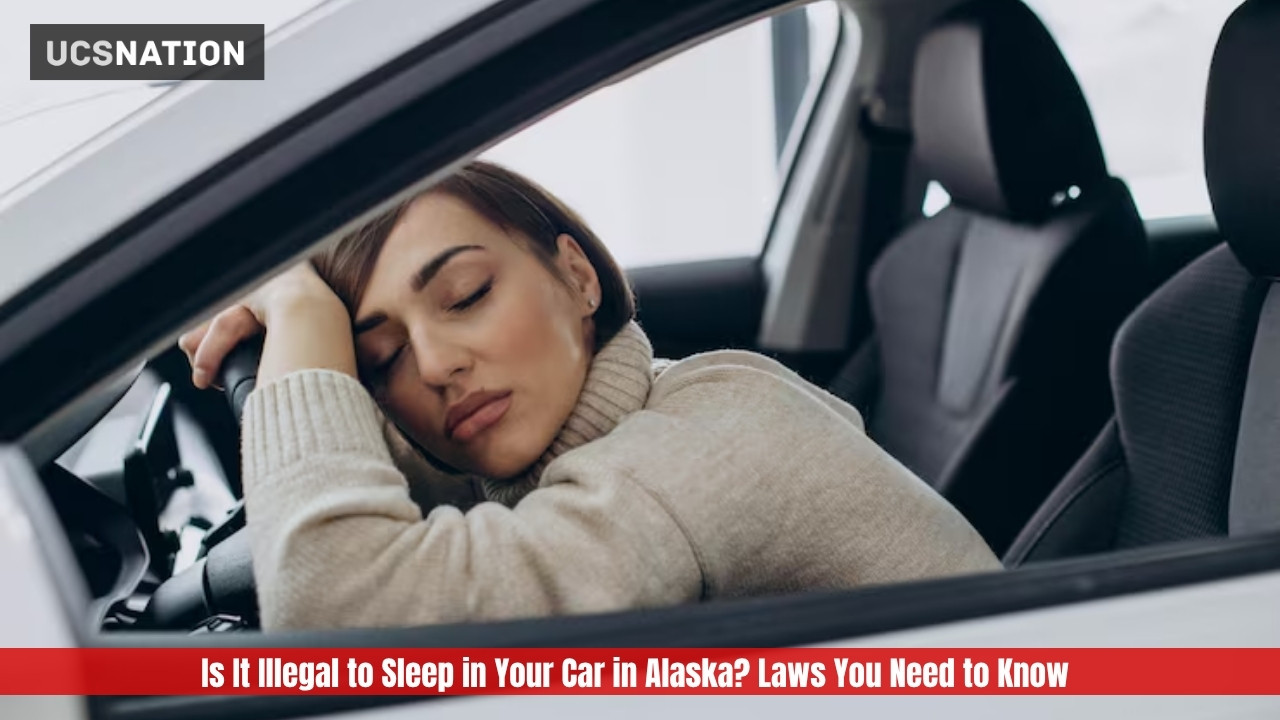
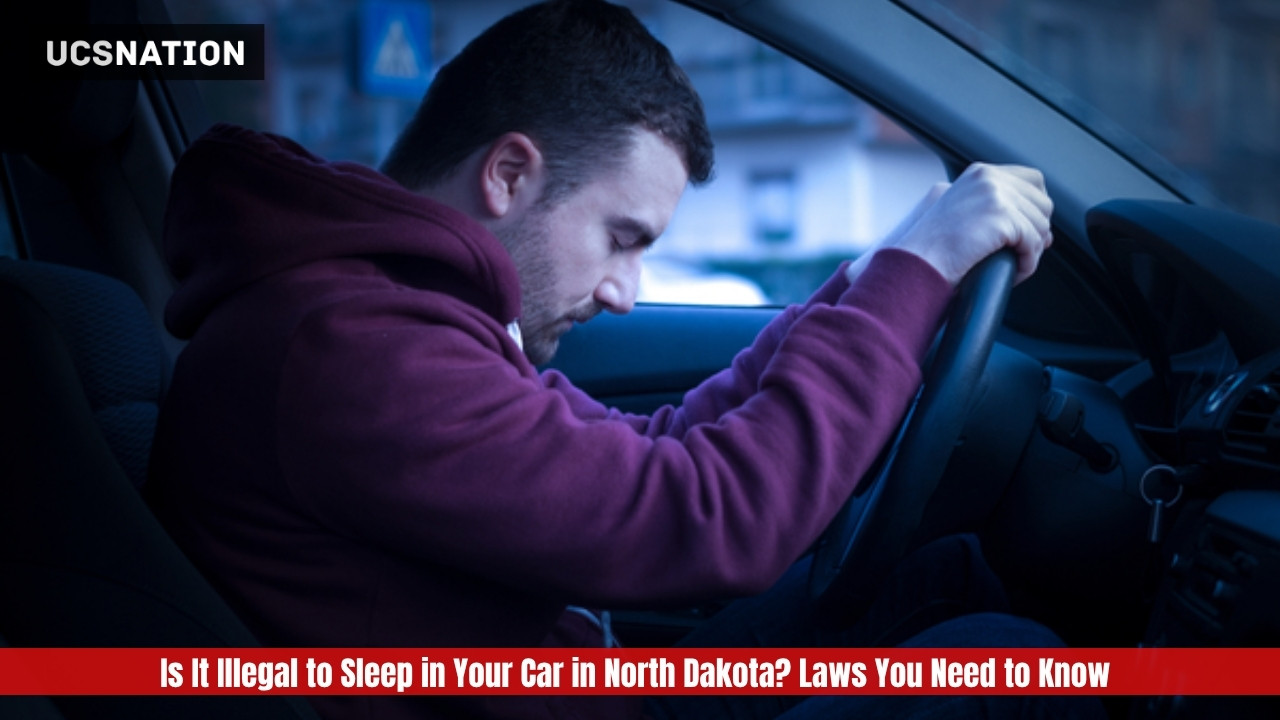
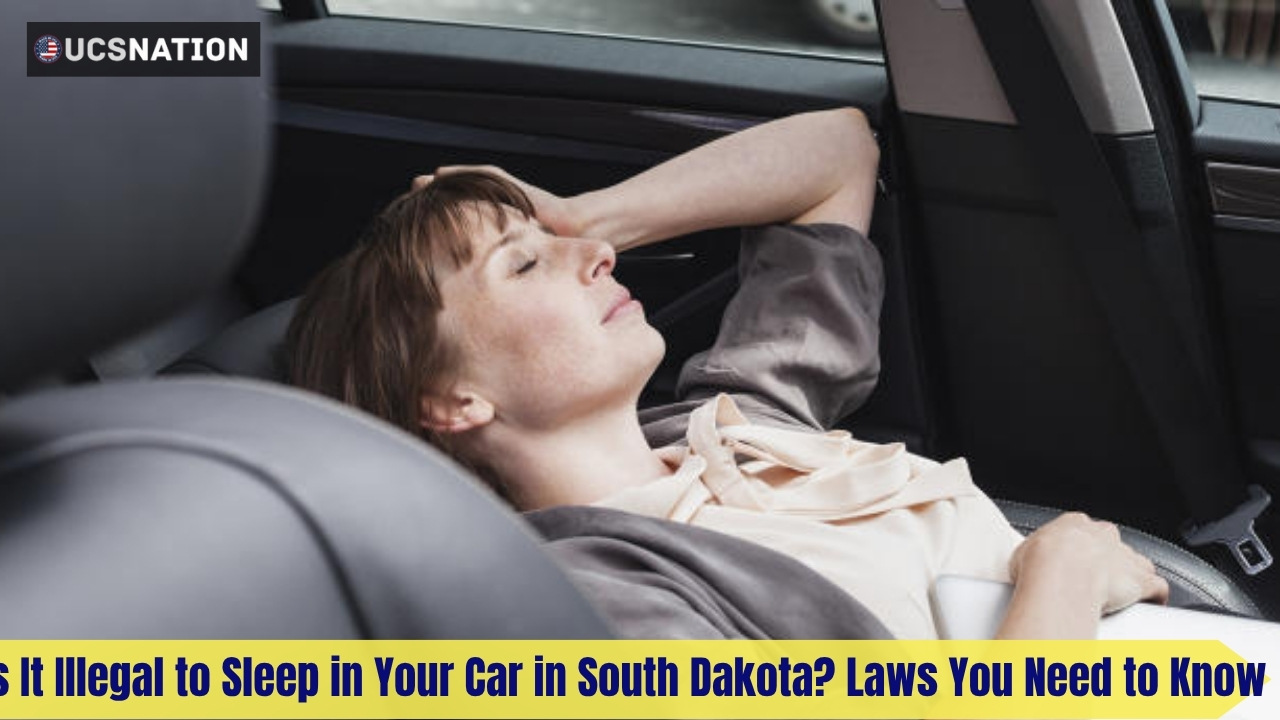




Leave a Reply